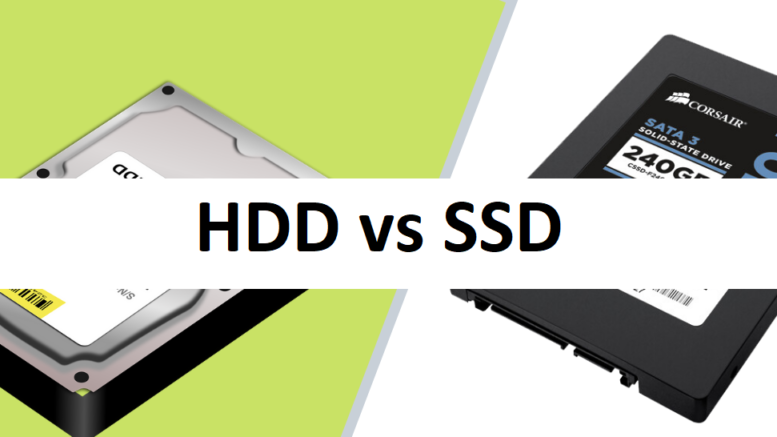Introduction
Difference Between SSD and HDD: When you’re shopping for a new computer, or whether you’re researching ways to boost your current machine, you’ll likely see lots of references to SSDs and HDDs, but what’s the difference between them? As you may be aware, SSDs (self-propelled flash memory) is much faster than their HDD cousins, able to access much more data per cycle. HDDs, on the other hand, have a much greater capacity for storage but use much more power so they generally aren’t a good idea for small to medium-sized endeavors.
Difference Between SSD and HDD
Comparison on Prices
So how does an SSD compare to hard disks? In many ways, they’re both more expensive than most competing technologies. HDDs are however a great deal slower than SSDs, depending on the speed of your PC and the size of the files you’re working with. SDD drives, by contrast, are fairly fast even when your PC is processing huge amounts of data. In addition, while HDDs consume power when the PC isn’t performing work, SSDs operate at a much lower clock speed while your machine is running.
Comparison on the basis of Structure
One advantage that SSDs have over HDDs is that SSDs use different types of memory chips. Whereas HDD chips are all plugged into one main circuit board, SSDs utilize separate chips for each block of data storage. For instance, the SSDs in your average laptop are comprised of several different sets of chips, and these different sets of chips are programmed in such a way as to never interfere with one another.
This means that laptop solid state drives don’t suffer from “non-interruptible” thrash operations, which are often a problem for hard disk drives because they can’t shut down when an interrupt occurs. If an SSD has a hit, however, it can restart, so long as you pull the battery and restart the process.
Comparison on the basis of Performance
When comparing SSDs to HDDs in terms of performance, you should be aware that SSDs utilize a different sort of technology in that they use a writing engine. Unlike HDD platters which use a single rotating element, SSDs employ a pair of electrically active, moving parts. The moving elements (which typically consist of a pair of conductive elements) push against one another and, in turn, push against a set of insulating disks.
The result is a complete spin-driven motion which, when coupled with proper timing, produces extremely high frequencies. The result is a noticeably faster speed than that of hard disk drives, and SSDs can literally zip through a wide variety of workloads at incredible speeds.
Comparison on the basis of Mechanism
In addition to their durability, SSDs use read/write head mechanisms. Unlike HDD drives, SSDs utilize a write mechanism, which allows them to operate much faster than a hard drive can. This is because SSDs require less time to write data to storage media, and the amount of extra time required to drive the system can be significantly reduced.
Reads More: BIS License Under CRS
For instance, an SSD might only need a few seconds to transfer a file to its destination compared to ten to twenty minutes for an HDD-based hard drive. When comparing SSDs to HDDs in terms of reading/write speeds, this is a significant lead, which outweighs the minor decrease in performance of an SSD.
Conclusion
Aside from the aforementioned advantage concerning storage capacity, another reason why SSDs are becoming more popular is that they are much more affordable than HDDs. At the time of this writing, SSDs are priced at less than two hundred dollars per hard drive unit. HDDs are priced between five hundred and eight hundred dollars per hard drive unit.
Therefore, the total cost of an SSD is about forty percent less than that of an HDD. If you do the math on an annual basis, then the SSD can save you about three thousand dollars per year! Not bad, considering the price of an HDD.


Be the first to comment on "SSD vs HDD"